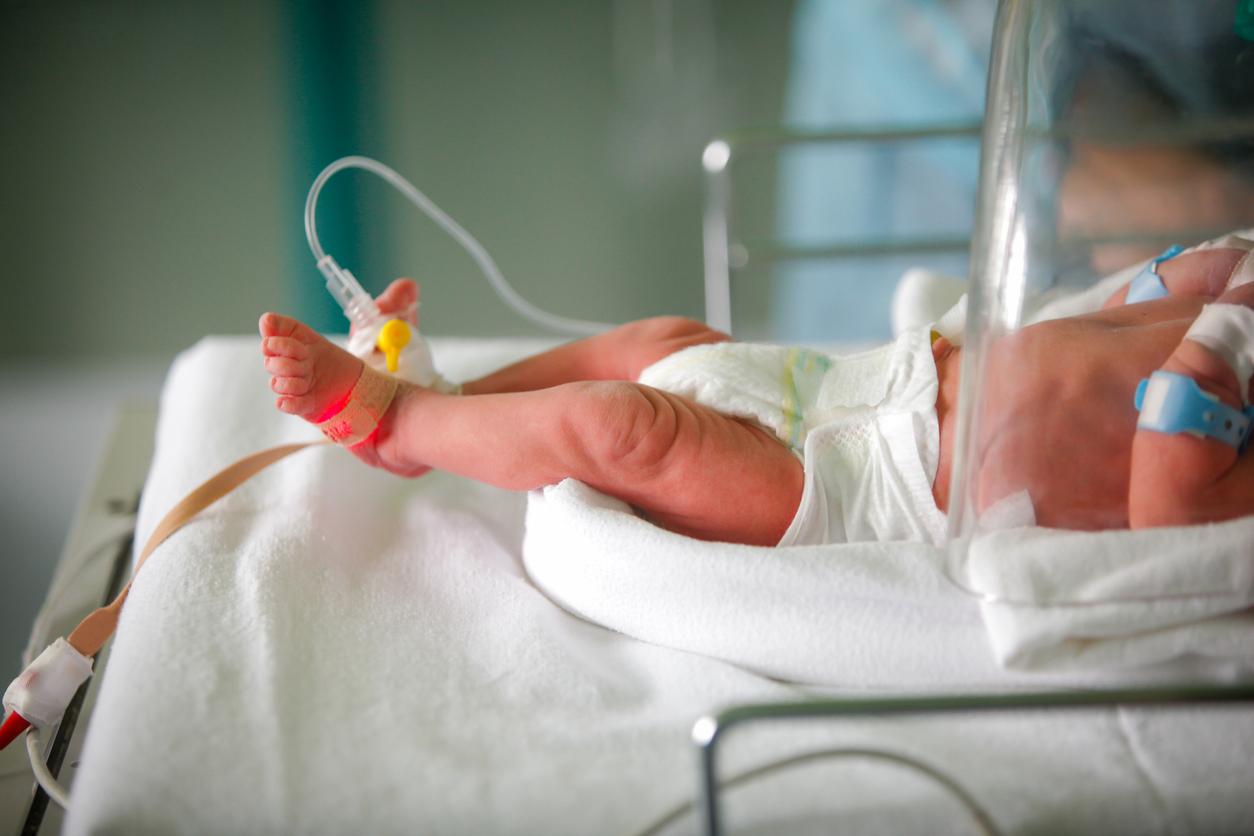Lithium carbonate, chloride and hydroxide are substances that are found especially in batteries, but also in certain drugs intended to treat bipolar disorders.
Problem : according to the National Agency for Food, Environmental and Occupational Health Safety (ANSES), these lithium salts “pose a threat to fertility and fetal development“. The health authorities have therefore just launched, this Monday, August 3, 2020, a”public consultation“which could ultimately lead to a”more restrictive framework“of these substances.
Because, at present, lithium carbonate, chloride and hydroxide are categorized “1B” at European level, which corresponds to “presumed” toxicity. Based on recent and serious research, ANSES wants these products to be categorized “1A”, that is to say considered “proven toxic”.
Bipolar Disorders: Lithium salts are used as mood regulators
Indeed: as the health authorities explain, “an association has been identified between exposure to lithium, used by pregnant women to treat bipolar disease, and the appearance of malformations in the fetus“. What’s more, “effects on male reproduction have been observed in several good quality studies in rodents exposed to lithium carbonate“.
Lithium salts (for example: Teralithe®) are now prescribed against bipolar disorders: these “mood stabilizers” (which regulate mood, therefore) can cause side effects (drowsiness, hand tremors, digestive disorders, disturbance of the functioning of the thyroid gland …) and require annual medical check-ups. As a precaution, they are currently contraindicated during pregnancy.
Read also :
Bipolar disorders: watch out for cardiovascular disease!
Sport to improve the mood of people with bipolar disorder
Bipolar disorder: symptoms worsen during menstruation

















